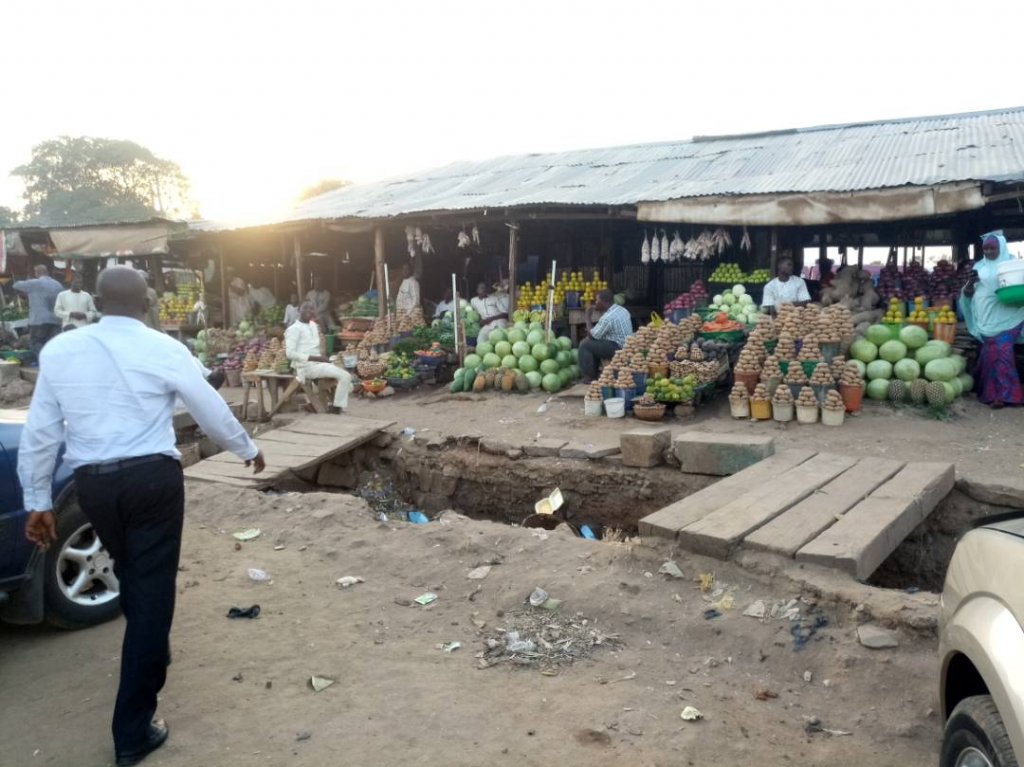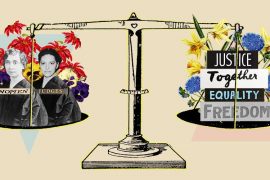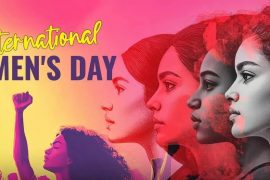The United Nations Educational, Scientific and Cultural Organization (UNESCO) and the Agro-Food Group Nestlé Cote d’Ivoire, on Tuesday in Abidjan, signed an MOU aimed at offering literacy training to 400 women traders in the Abidjan districts of Abobo, Cocody and Marcory, APA reports in the country’s economic hub. This agreement is part of the fourth phase of the literacy project of this agro-food company.
“In Cote d’Ivoire, the overall illiteracy rate is around 51 percent, with a strong disparity by sex. In fact, 2 out of 3 women are illiterate and work courageously, despite this handicap. We work with 20,000 women, called grannies, who sell our Maggi seasonings among others in markets across the country. About 85 percent of them have never been to school,” Thomas Caso, the CEO of Nestlé Cote d’Ivoire, said in a speech.
He went on to argue that the results of a project evaluation study show that the majority of “grannies” recognize the positive impact of the project on their lives.
“Today, more than half of the beneficiaries believe they can cover family expenses and protect their families from want, but also diversify their activities thanks to this fabulous initiative,” Mr. Caso added, stressing that with this new phase, “we aim to reach 400 other grannies.”
For her part, Anne Lemaistre, the UNESCO Representative in Abidjan, lamented in the same spirit that in Cote d’Ivoire, the illiteracy rate is very high. Literacy changes all aspects of life, she says.
“Thanks to this project, today I can read. I had a lot of things and we will continue to go to school,” says Ms. Nguessan, a trader from the Yopougon Sicogi market (west of Abidjan), who was a beneficiary of the project.
This literacy program for women traders in the Ivorian economic capital, which began in 2017 with traders from the areas of Port-Bouet and Yopougon, aims to provide literacy training to all sellers of the Maggi product in the various Abidjan markets.
Training is provided via smartphones and also face-to-face lessons. It lasts six months and ends with a certificate giving ceremony to testify the learners’ participation in the literacy course.
Journal du Cameroon





Comments are closed.